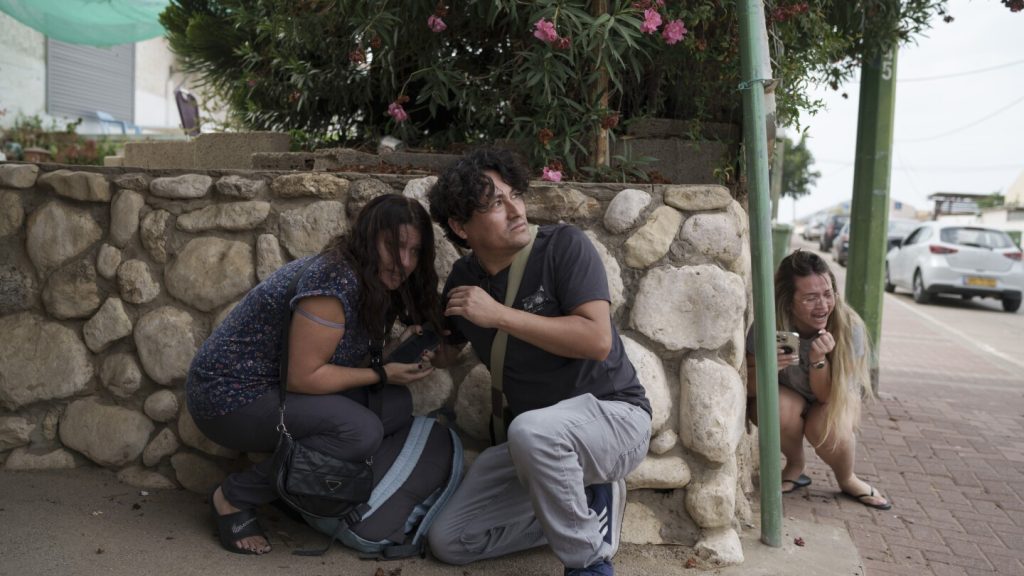Six months after Israel declared war against Hamas, the country finds itself in a different place – bogged down in Gaza, divided domestically, isolated internationally, and at odds with its closest ally. Despite a fierce military onslaught, Hamas remains standing, albeit weakened, while Gaza faces a humanitarian crisis with over 80% of the population displaced and over a million people on the brink of starvation. Cease-fire talks remain at a standstill, and there is no postwar vision acceptable to Israel’s partners.
Israel declared war in response to Hamas’ attack that killed 1,200 people, mostly civilians, and kidnapped 250 others. Prime Minister Benjamin Netanyahu’s goal of destroying Hamas and bringing home the hostages remains elusive, with ground troops in a holding pattern. Plans to invade Rafah, Hamas’ last stronghold, face opposition from the international community. Meanwhile, Israel struggles to halt daily attacks from Hezbollah on its northern front, threatening a broader regional war.
While Israel initially had broad international support following the massacre on October 7, the goodwill has turned to impatience and outrage as conditions in Gaza worsen. Calls for a halt to the fighting have increased, and the U.N. Security Council passed a resolution demanding an immediate cease-fire, infuriating Israel. Further isolation followed the killing of aid workers and alleged airstrikes on Iran’s embassy and Al Jazeera, alienating allies. Netanyahu’s efforts to shut down dissent have also sparked backlash.
Israel has returned to its divided state, with Netanyahu at the center of growing unrest. Protests against the government have intensified, fueled by grievances against Netanyahu’s alliances and corruption charges, as well as the failure to bring home hostages. The plight of the hostages has resonated with the public, leading to calls for the government to resign. Despite Netanyahu’s plummeting popularity, he faces no immediate threat to his rule, with coalition partners standing behind him.
While the Israeli offensive inflicted heavy losses on Hamas, the militant group remains intact in Rafah. Despite claims of thousands of Hamas fighters killed, no broad opposition has emerged, and Hamas still governs Gaza. Israel faces unappealing choices – accept a hostage deal acknowledging Hamas’ survival, or escalate the military campaign in hopes of destroying Hamas. With no consensus for Gaza’s future, Netanyahu’s vision clashes with international calls for PA-led governance and Palestinian statehood, hindering reconstruction efforts.
The battlefield successes in Gaza are seen as meaningless without a diplomatic vision for the postwar period. Israel’s Institute for National Security Studies senior researcher warns that the real threat to Hamas is not Israeli military might but the lack of an alternative to running postwar life in Gaza. Without a political consensus, donor nations are hesitant to contribute to reconstruction efforts, and the international community’s vision for Gaza is at odds with Israel’s stance. Ultimately, the fate of Gaza remains uncertain as the conflict continues.


